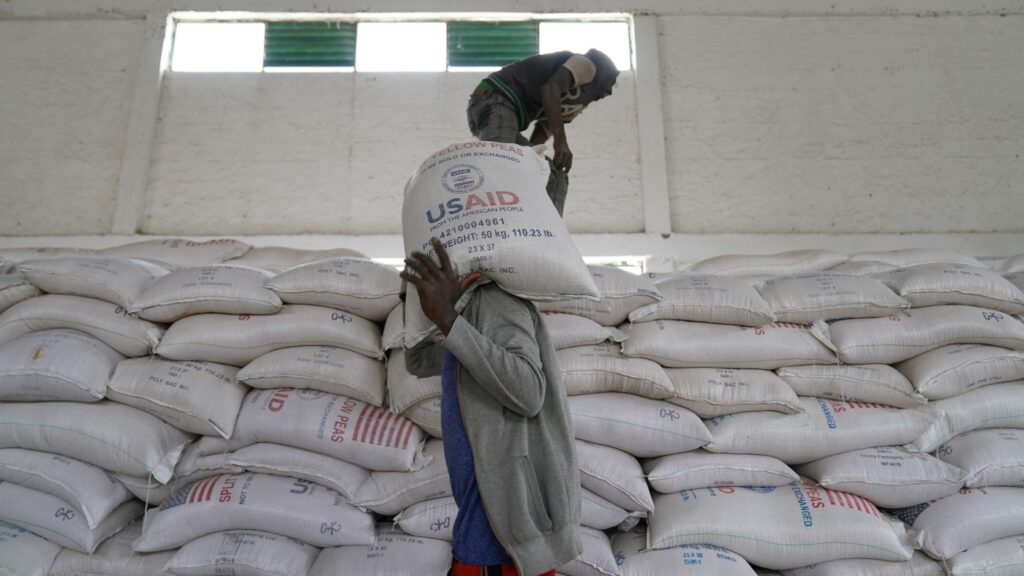The article delves into the current scrutiny facing the U.S. Agency for International Development (USAID) by the Trump administration, raising concerns about potential drastic reforms or closure of the organization. Established in 1961 by President John F. Kennedy, USAID aimed to separate military and non-military aid and revolutionize how the U.S. distributed foreign assistance. Kennedy emphasized the moral obligation of the U.S. as a wealthy nation to provide aid and highlighted the political benefits of supporting projects in poorer countries to prevent the rise of totalitarianism.
Over the years, USAID has evolved to focus on humanitarian aid during global crises, public health initiatives, education enhancement, human rights protection, and advancing U.S. interests globally. Notably, in the 2023 fiscal year, top recipients of USAID funding included Ukraine, Gaza, Ethiopia, Jordan, the Democratic Republic of Congo, Somalia, and Yemen. The agency responded to various humanitarian crises worldwide and worked on critical issues such as food security, climate change, and global health, with a key emphasis on preventing disease outbreaks.
With a budget of approximately $40 billion in the 2023 fiscal year, USAID has been a major player in international assistance, employing over 10,000 individuals, with the majority stationed abroad. The agency collaborates with numerous organizations, contractors, universities, and governments to implement projects. However, recent freezes on USAID’s activities have had significant repercussions abroad, impacting projects like the reconstruction of flood-damaged police stations in Pakistan and educational initiatives in Taliban-controlled Afghanistan. Amidst discussions of potential reforms, the future direction of USAID remains uncertain, with proposals to shift control of humanitarian aid to the State Department.

